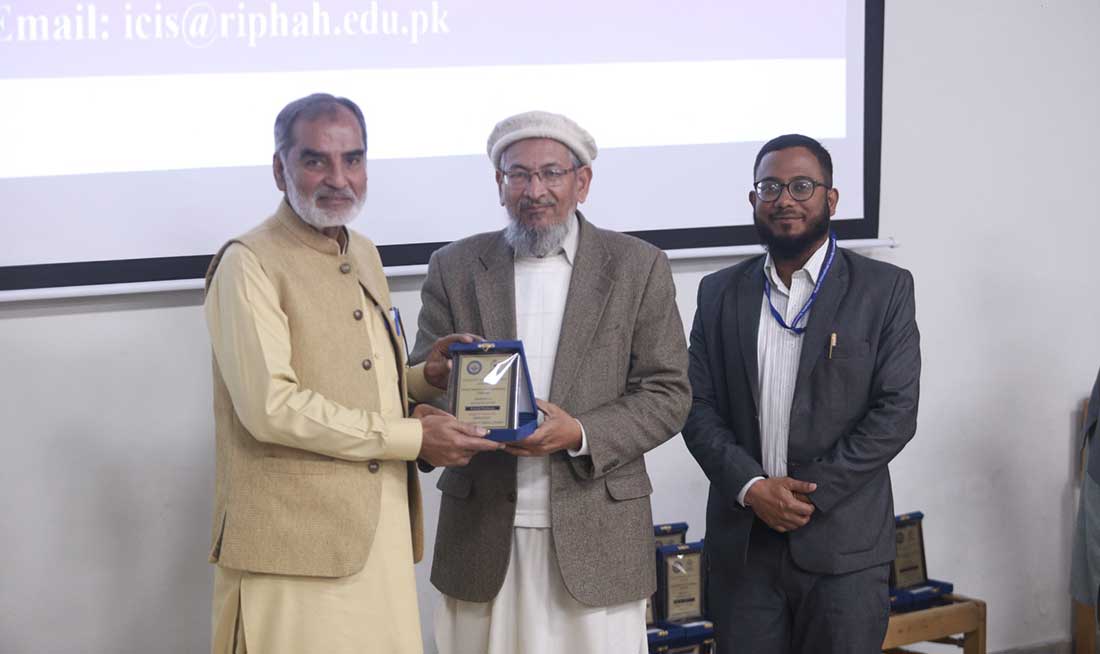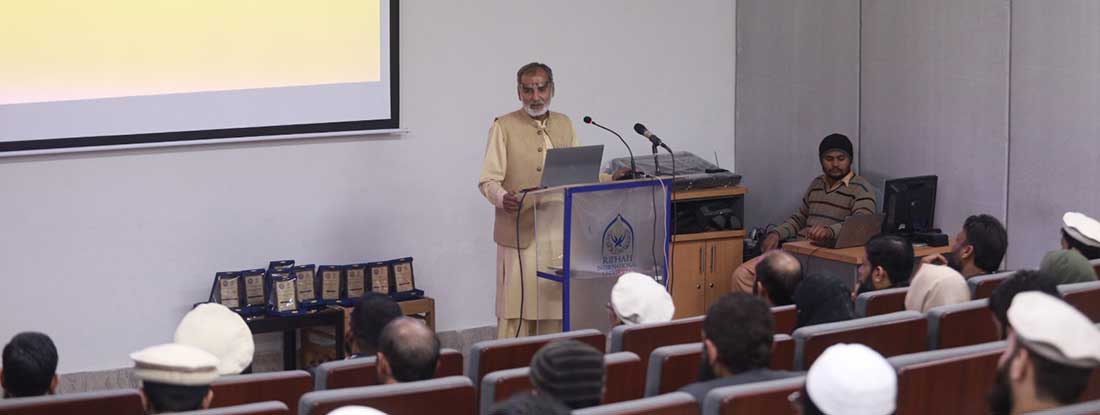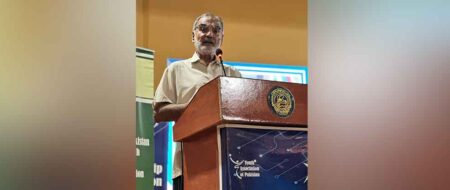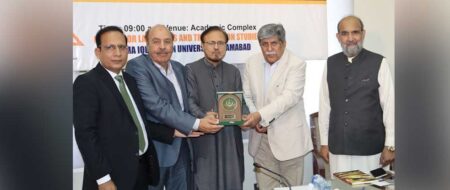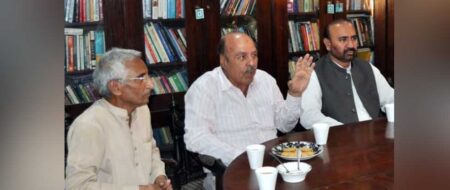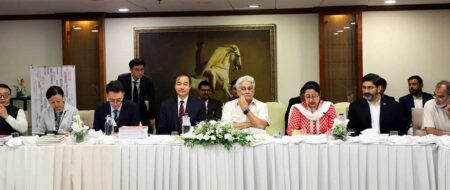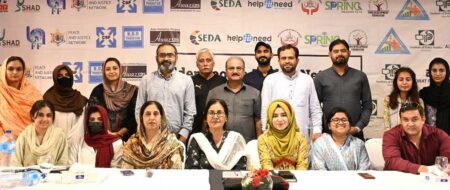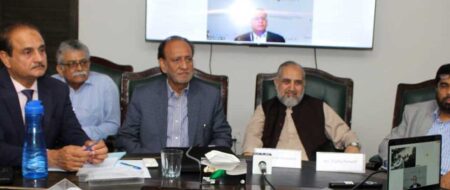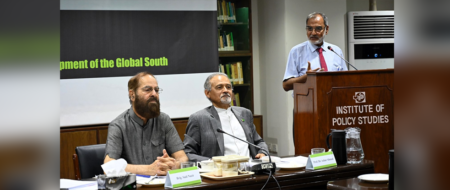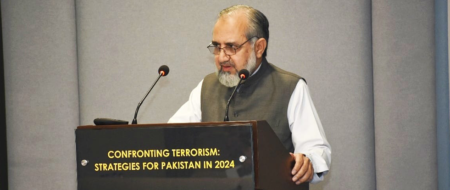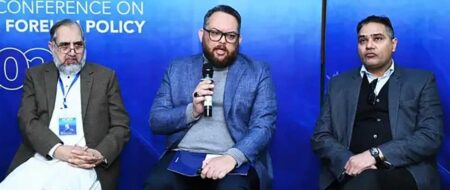Reconnecting with fundamental values necessary to navigate global changes in family structure
The solution to global changes to family structure lies in returning to the Islamic paradigm of life which entails self-introspection and reconnection with fundamental values and social principles. Amidst the ever-changing family landscape shaped by science, technology, and modern paradigms, questions surrounding self-identity, life purpose, and societal needs must be introspected.
This was noted by Khalid Rahman, chairman IPS, while speaking at the 5th International Conference of Islamic Studies 2024 on ‘Family System and Contemporary Challenges’, held at Riphah International University (RIU), Islamabad, on March 03, 2024. The conference aimed to address and explore various aspects related to the evolving dynamics and issues faced by traditional family structures.
Apart from Chairman IPS, the session was addressed by Professor Dr Anis Ahmad, vice chancellor, RIU, Islamabad, Dr Qibla Ayaz, chairman Council of Islamic Ideology, Islamabad, Dr Atiquzzafar Khan, dean Faculty of Social Sciences and Humanities (FSSH), RIU, Dr Omer Faruk Korkmaz, Dr Mustafeez Ahmad Alvi, dean Social Sciences, National University of Modern Languages (NUML), Islamabad, Dr Kouser Firdaus, advisor to vice chancellor, RIU, Dr Muhammad Mumtaz Ali, Dr Zia ul Haq, and scholars who presented their respective papers on the subject.
During his talk, Khalid Rahman underscored that there has been a noticeable global shift in the structure and dynamics of families and households in recent decades, with an increasing number of individuals opting to live alone. Such trends suggest a gradual departure from the traditional family system. While this evolution challenges long-held societal norms, it also presents an opportunity for re-evaluate and re-adopt.
Addressing these challenges and their implications requires proactive engagement, he said. Rather than adopting a defensive stance, there is an opportunity for Muslims to leverage Islamic knowledge, beliefs, and values to understand the complexities and navigate the changing societal landscape. By embodying the principles of Islam in their individual and practical lives, individuals can serve as exemplars of familial stability and adaptability, he said.
In navigating these complexities, there have been two distinct streams: one rooted in faith and the belief in a higher Creator, and the other in the evolutionary process. For those who adhere to the principles of Islam, the contemporary challenges are a call to explore the timeless teachings of Islam.
In Pakistan, where both streams coexist, there exists a unique blend of tradition and modernity. While the country boasts a robust family system, it also grapples with gender role imbalances, highlighting areas for improvement and reform.
In conclusion, as the traditional family system transforms, it is essential to stay grounded in core values and principles while navigating through the changes. By fostering an environment of inclusivity, adaptability, and proactive engagement, individuals and societies can navigate contemporary societal and familial challenges while preserving the essence of familial bonds.
